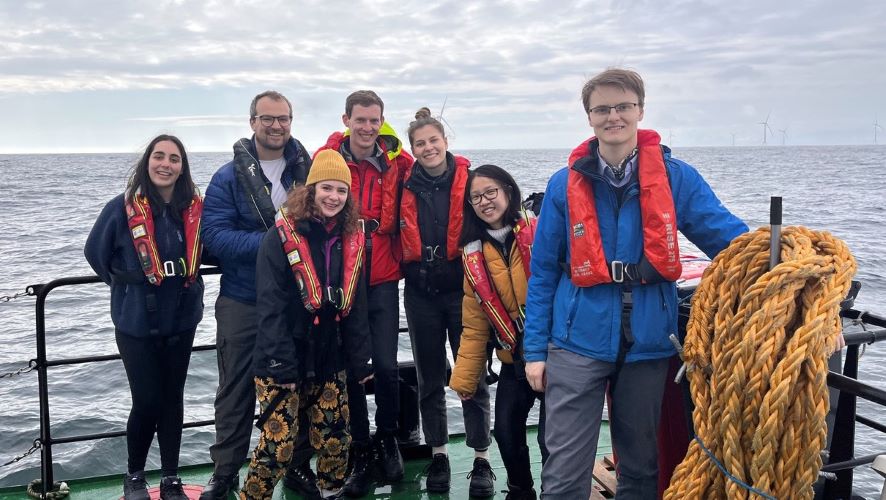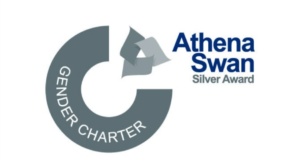Offshore renewables innovation training programme to continue

Photo by the University of Edinburgh
A programme that brings academia and industry together to co-design solutions for offshore renewable energy (ORE) has been renewed for another five years.
The Industrial CDT in Offshore Renewable Energy (IDCORE) programme will receive £6m from the Engineering and Physical Sciences Research Council (EPSRC), as part of a £1bn investment announced today by Science, Innovation and Technology Secretary Michelle Donelan.
Through this programme, the universities of Edinburgh, Exeter, Swansea and Strathclyde, will work with ORE companies from innovative SMEs such as Orbital Marine, to large utility companies such as SSE, to train the engineers of tomorrow, cementing offshore renewables’ place in the UK economy, and contributing to the net zero strategy.
The programme’s research engineers help companies improve efficiencies by, for example, studying the impact of turbulence on tidal turbine generators; figuring out how to use oil and gas infrastructure for hydrogen; or finding the right vessels to maintain offshore energy installations.
Professor Philipp Thies, a Renewable Energy expert from the University of Exeter and part of the project, said: “The IDCORE EngD program is an excellent collaborative effort that shines through its synergies and cohort building spirit. The students receive an academic and industrial experience; the industry sponsors benefit from academic ideas and state of the art research; and the academics have the opportunity to work on applied industrial problems. I am looking forward to working with students, colleagues, and industry partners to contribute to the offshore renewable energy sector.”
Academic director Professor David Ingram, of Edinburgh’s School of Engineering, said: “All students on the engineering doctorate spend three years doing project-based research in a company, driven by the curiosity of the sponsoring company, finding solutions to a problem.
“The level of impact has been remarkable – one student designed a cable routing optimisation tool that saved EDF £10 million. In another example, engineering models of turbulence often focus on wind farms, but one student proposed alternative models for tidal energy that have influenced the design of next generation tidal installations. If you can be certain about load-bearing, you don’t need to over-design and you can reduce the cost of bearings, for example. Providing certainty is worth a huge amount of money to companies.”
IDCORE began in Edinburgh in 2011 and is now on its third renewal, having placed 107 students in 57 companies. Around half of those students go on to be employed by the same company, 80% within the sector, and a full 100% in employment.
On top of the EPSRC funding, companies will provide £3 million in sponsorship and partner universities another £500,000.



